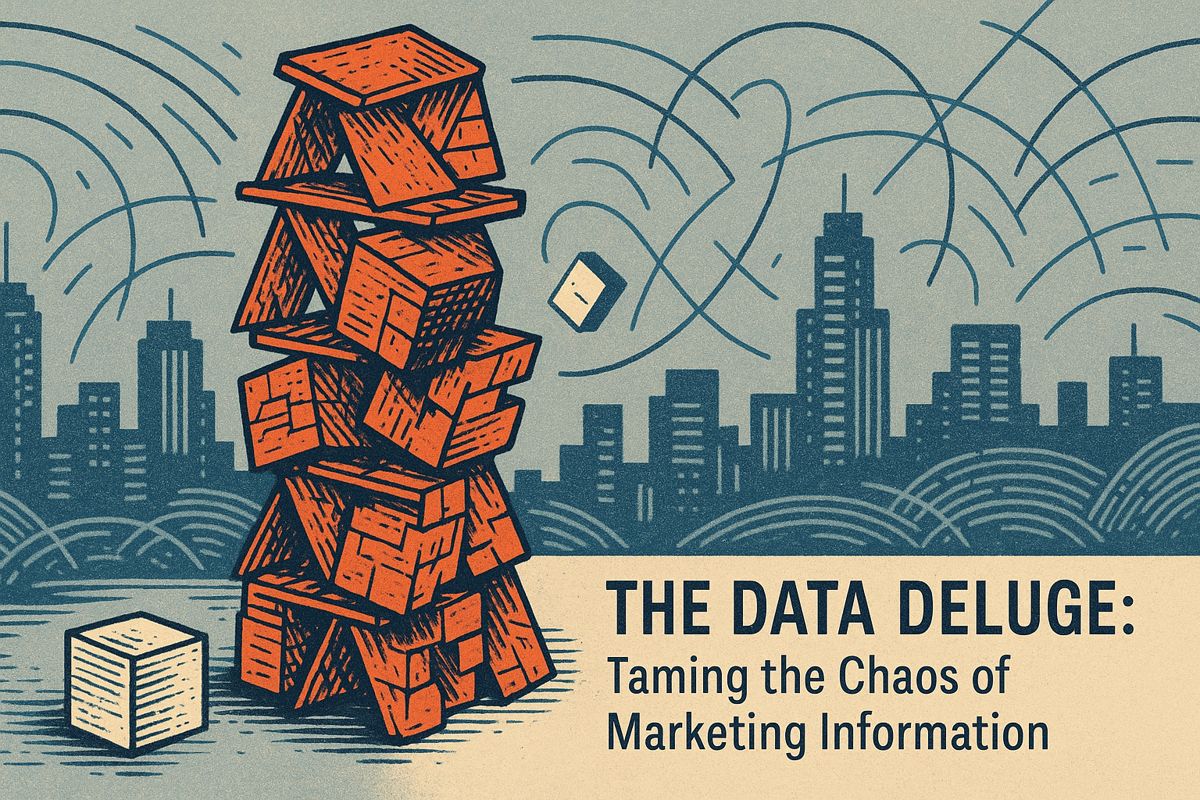Abogen is a free app that turns books and text files into audiobooks right on your computer, keeping your information private and secure. It utilizes the Kokoro-82M voice engine for natural-sounding, multi-language audio. Abogen supports various file types (EPUB, PDF, TXT) for conversion to MP3/WAV, including subtitle generation. It operates offline across Windows, Mac, and Linux, ideal for privacy-conscious users, authors, and language learners.
What is Abogen and how does it generate audiobooks?
Abogen is an open-source desktop application that converts EPUB, PDF, and text files into high-quality audiobooks using the Kokoro-82M neural text-to-speech engine. It operates fully offline on Windows, macOS, and Linux, ensuring privacy and supporting multiple languages and voices.
- Abogen: A New Open-Source Tool Transforming Text into High-Quality Audiobooks*
What is Abogen?
Abogen is an open-source, GUI-based desktop application that turns EPUB, PDF, and plain text files into audiobooks using the Kokoro-82M neural text-to-speech engine. The entire process runs locally on your computer, ensuring zero cloud dependencies and maximum privacy for content creators, educators, and privacy-conscious users.
Core Specifications
| Feature | Details |
|---|---|
| Input formats | EPUB, PDF, TXT, clipboard paste |
| Output audio | WAV, MP3, FLAC, M4B (with chapter markers) |
| *Subtitles * | SRT, VTT, ASS, embedded text |
| *Engine * | Kokoro-82M (~82 M parameters, Apache 2.0 licence) |
| System requirements | Windows, macOS, Linux; GPU acceleration recommended |
| Offline mode | Fully offline; no telemetry or API calls |
Performance Snapshot
- Speed : On an RTX 4060, Abogen renders approximately 110 pages (≈30 k characters) to uncompressed WAV in ~1 hour.
- Quality : Kokoro-82M produces 24 kHz, near-human naturalness at a fraction of the footprint of larger cloud models.
- Languages & voices: English, French, Korean, Japanese, Mandarin; multiple male/female voices with regional accents.
Practical Limitations & Workarounds
| Constraint | Workaround |
|---|---|
| Long, complex sentences | Pre-split text or improve chunking |
| Limited emotional expression | Use post-processing or hybrid human+AI for drama |
| Names/acronyms mispronounced | Add phonetic hints or custom spellings |
Who Should Use Abogen?
- Indie authors & publishers – convert backlists to audiobooks without per-minute fees.
- Language learners – create audio + subtitle pairs from any text document.
- Privacy advocates – keep sensitive or unpublished material entirely on-device.
Getting Started
- Install via GitHub (
pip install abogen) or use the Docker image for reproducible builds. - First run: drag an EPUB into the GUI, select voice and speed, click Convert . Abogen will export a single WAV plus an optional SRT subtitle track ready for Audacity or your favorite DAW.
What exactly is Abogen?
Abogen is an open-source, GUI-based tool that turns EPUB, PDF, or plain-text files into audiobooks using the Kokoro-82M text-to-speech model running fully offline. No cloud calls, no subscription fees, just drag-and-drop and click “Generate”.
How fast can it convert a book?
On consumer-grade hardware (think RTX 4060 laptop), the project shows ~110 pages of text to WAV in about one hour. That translates to almost 9,000 characters per minute, making it realistic to churn out a short novel overnight.
Which formats does it output?
Beyond the default WAV, you can also export to MP3, FLAC, or M4B with chapter markers. Subtitle lovers get SRT, VTT, or ASS, ready for synchronized reading or future editing.
What are its biggest pain points (and quick fixes)?
- Long, winding sentences can trip the engine. Pre-splitting text into shorter paragraphs or using improved chunking scripts before synthesis raises quality noticeably.
- Limited emotional range means it sounds excellent for neutral content (non-fiction, tech manuals) but less expressive for character-driven fiction. Users currently work around this by post-processing with open-source prosody tools or planning human narration for critical titles.
Who should use it right now?
- Privacy-first creators who want zero data leaving their machine
- Indie authors producing rapid draft audiobooks or long-tail titles that would never justify a studio session
- Accessibility advocates generating audio versions of academic papers or study guides for visually-impaired students without recurring fees
Looking ahead to 2025–2026
Expect a hybrid market: AI like Abogen will dominate low-budget, backlist, and educational content, while high-performance fiction continues to benefit from human narrators. If you need total control, zero cloud costs, and fast iteration, Abogen is ready today.



















